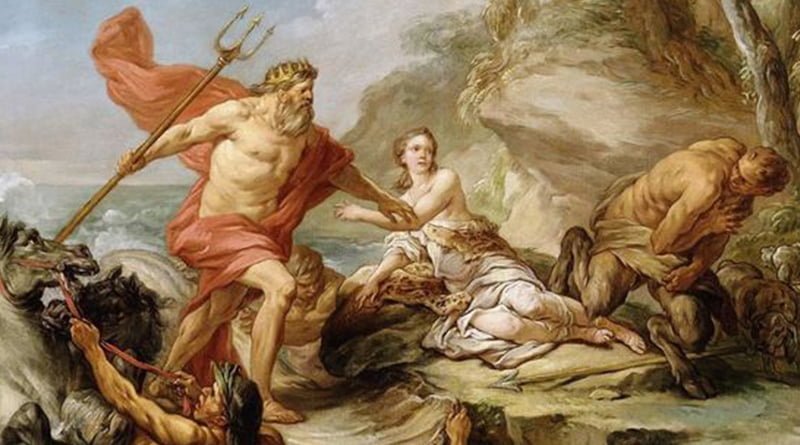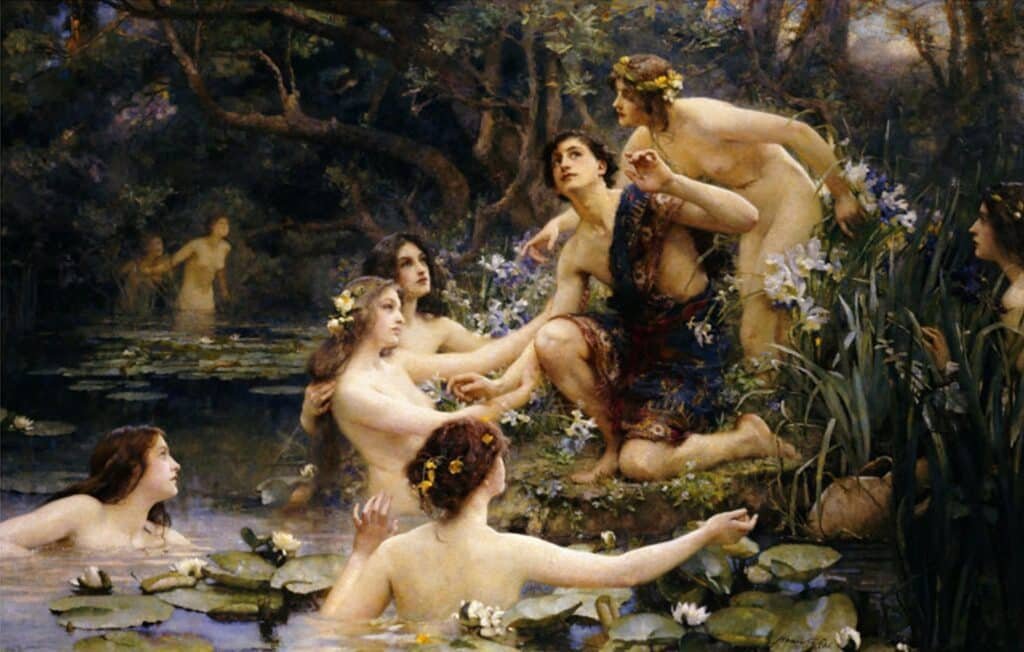Chronos, Kairos and Aion are the three deities of time, events and epic destinies. Here is the multi-religious and multicultural calendar!
Find us on our website Mythology and Legend, on Facebook and on instagram !

The schedule in brief from D-2 to D+5
- July 12, 2025, Every day: Olivier Plunket
- July 12, 2025, Every day: Twelfth
- July 19, 2025, Daily: Dehwa Rabba
- July 19, 2025, : Lucaria
The complete interactive calendar
Week of 2024-07-22
July 23, 2024 (1 event)
July 23, 2024

On this day, the Romans celebrated the Neptunalia in honor of Neptune. They built arbors of green wood to get shade and they sacrificed a bull. This made it possible to avoid too big a heat wave. #mythology #myth #legend #calendar #July 23 #rome #neptune
July 24, 2024 (1 event)
–
July 24, 2024
Today, Tunisians hold the Aoussou Carnival in Sousse. Probably drawing its origins from the Phoenician Neptunalia in honor of Neptune and Ocean, the modern festival only keeps trace of its etymology. Nowadays, it is a parade made up of symbolic floats, brass bands and folk troupes. #mythology #myth #legend #calendar #July 24 #Tunisia #ousse
July 25, 2024 (1 event)
July 25, 2024

On this day, the Romans celebrated the Furrinalia. The origins of the festival and the goddess were already unclear during the Republic of Rome. #mythology #myth #legend #calendar #25July #rome #furrinalia
Multicultural and multi-religious almanac
An almanac is a calendar showing the main dates of the calendar, the religious holidays, bearing ephemerides such as the phases of the moon or the duration of the days (lunar and solar calendars).
A calendar is a system for marking dates according to time. Such a system was invented by men to divide and organize time over long periods. The observation of the periodic phenomena of the environment in which they lived — such as the daily movement of the shadow, the return of the seasons or the lunar cycle — served as the first references for organizing the agricultural, social and religious life of societies.
The calendar used today in most of the world is the Gregorian calendar. In everyday language, an ephemeris designates what happens daily; the ephemeris of the day is the list of the significant events of this day.